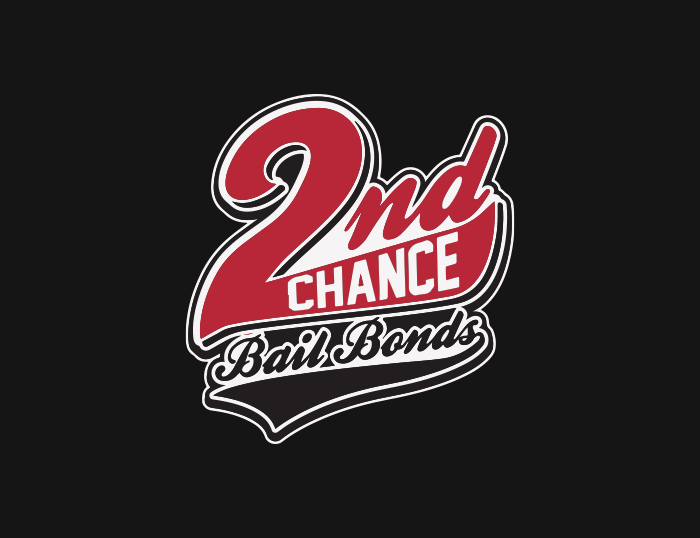Bail bondsmen are professionals who provide the service of posting a bail bond on behalf of a defendant who cannot pay the total amount of bail required to be released from jail. Bail bondsmen typically charge a non-refundable fee (usually around 10% of the full bail amount) to provide this service.
Here’s how bail bondsmen work:
- Initial consultation: If you or a loved one has been arrested and cannot afford to pay the required amount, you can contact a bail bondsman to discuss your options. The bail bondsman will evaluate your situation and determine whether or not they can help you.
- Bail bond agreement: If the bail bondsman agrees to provide a bail bond, you will be required to sign a contract agreeing to the terms of the bail bond agreement. This agreement will outline the amount of the bail bond, the non-refundable fee needed, and any collateral that may be required to secure the bond.
- Posting the bond: Once the agreement has been signed and the fee has been paid, the bail bondsman will post the full bail amount with the court, allowing the defendant to be released from jail.
- Bail enforcement: If the defendant fails to attend a court hearing or otherwise violates the terms of their bail, the bail bondsman may be required to take steps to locate the defendant and bring them back to court. In some cases, the bail bondsman may hire a bounty hunter to assist in finding the defendant.
- Conclusion of the case: If the defendant attends all required court hearings and complies with the terms of their bail, the bail money will be returned at the end of the trial, and the bail bondsman will keep the non-refundable fee as their profit.
Bail bondsmen can provide a valuable service for defendants who cannot afford to pay their full bail amount. However, it’s essential to carefully consider the terms of the bail bond agreement and understand the potential risks and consequences before entering it.






